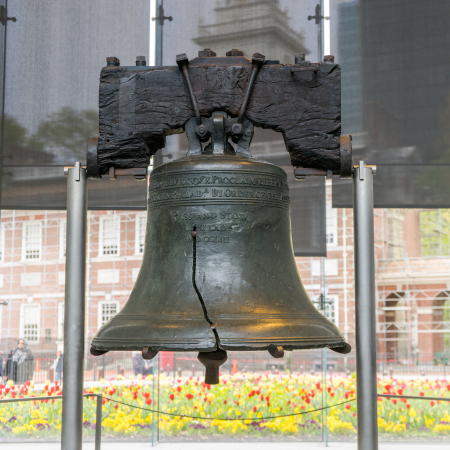Astronomers organize lobbying group to block satellite constellations
The International Astronomical Union (IAU) has now created an office to lobby governments worldwide to block the coming commercial launch of numerous satellite constellations.
The IAU claims that the first goal of this new office will be to study the effects of these satellites on ground-based astronomy accompanied by an effort to work with industry to mitigate those effects.
That is a lie. This is the office’s real purpose:
Another role for the center will be to create national and international laws and norms for what regulators allow in orbit. “We need to codify these good intentions, to have some backup,” says Richard Green of the University of Arizona’s Steward Observatory. “We’ll take a two-pronged approach: Cooperate and develop legislation to apply if necessary.” IAU and other bodies are working to convince the United Nations’s Committee on the Peaceful Uses of Outer Space of the need for legislation. “We are confident that we will have guidelines that will have to be followed by companies in the near future,” Benvenuti says. Cosmologist Aparna Venkatesan of the University of San Francisco says it would be good if there were laws in the United States and elsewhere that echoed the influential U.S. Clean Air Act: “Many of us dream of a Clean Skies Act.”
Rather than realize that things are changing and Earth-based astronomy is becoming obsolete, the astronomers wish to use the force of law to block progress by others so that they can continue to live in the past.
The time to have moved all cutting edge astronomical research off the planet arrived more than three decades ago. The astronomers refused to recognize this, focusing instead on building giant telescopes on the ground that had less capability than the Hubble Space Telescope and were dogged by political and engineering challenges that hindered their success.
Had astronomers instead focused on building many small orbiting optical telescopes, the threat of satellite constellations now would be minimal. Instead, astronomers would be poised to build the bigger space-based telescopes they need. Instead, they are grounded, with the needed future space-based telescopes possibly decades away.
The International Astronomical Union (IAU) has now created an office to lobby governments worldwide to block the coming commercial launch of numerous satellite constellations.
The IAU claims that the first goal of this new office will be to study the effects of these satellites on ground-based astronomy accompanied by an effort to work with industry to mitigate those effects.
That is a lie. This is the office’s real purpose:
Another role for the center will be to create national and international laws and norms for what regulators allow in orbit. “We need to codify these good intentions, to have some backup,” says Richard Green of the University of Arizona’s Steward Observatory. “We’ll take a two-pronged approach: Cooperate and develop legislation to apply if necessary.” IAU and other bodies are working to convince the United Nations’s Committee on the Peaceful Uses of Outer Space of the need for legislation. “We are confident that we will have guidelines that will have to be followed by companies in the near future,” Benvenuti says. Cosmologist Aparna Venkatesan of the University of San Francisco says it would be good if there were laws in the United States and elsewhere that echoed the influential U.S. Clean Air Act: “Many of us dream of a Clean Skies Act.”
Rather than realize that things are changing and Earth-based astronomy is becoming obsolete, the astronomers wish to use the force of law to block progress by others so that they can continue to live in the past.
The time to have moved all cutting edge astronomical research off the planet arrived more than three decades ago. The astronomers refused to recognize this, focusing instead on building giant telescopes on the ground that had less capability than the Hubble Space Telescope and were dogged by political and engineering challenges that hindered their success.
Had astronomers instead focused on building many small orbiting optical telescopes, the threat of satellite constellations now would be minimal. Instead, astronomers would be poised to build the bigger space-based telescopes they need. Instead, they are grounded, with the needed future space-based telescopes possibly decades away.







